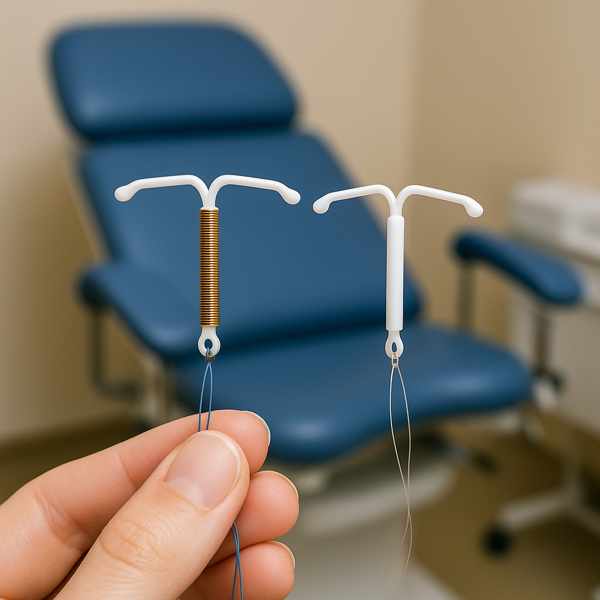
After discontinuing birth control, it's common to notice shifts in weight, mood, or metabolism.
Let’s dive into the connection between hormonal birth control and body weight, and what to expect after removal.
IUD Basics Explained
There are two main types of IUDs: hormonal (like Mirena, Skyla, Kyleena) and non-hormonal (like the copper IUD, ParaGard).
Key facts:
- Hormonal IUDs release progestin
- They work by creating an inhospitable environment for sperm
- Effective birth control for years
What the Research Says
However, research shows that significant weight gain is uncommon and often varies between individuals.
Possible factors include:
- Hormones can cause the body to hold water
- Increased appetite
- Changes in metabolism
- Birth control isn’t always the main cause
How Your Body Adjusts
For some women, this check here means:
- Less bloating or fluid retention
- No more hormone-triggered hunger spikes
- Easier fat loss
- Which can support exercise and motivation
Not everyone loses weight, but if the IUD contributed to hormonal weight gain, you may notice the difference.
Tips for Healthy Weight Loss Post-Birth Control
To encourage healthy results:
- Eat nutrient-dense whole foods
- Mix cardio, strength, and flexibility training
- Flush out excess hormones and toxins
- Manage stress
- Sleep well
Be patient — your body may need a few weeks or months to fully adjust.
When to Expect Changes
Everyone’s body reacts differently, but here’s a general timeline:
- Mild changes in mood, energy, or appetite
- 1–3 months: potential weight stabilization
- 3–6 months: visible weight loss (if related)
Track your progress using measurements, energy levels, and how your clothes fit — not just the scale.
Should You Expect Weight Loss?
Factors like diet, activity level, age, and overall health still play a major role.
Remember:
- The IUD may contribute to weight gain, but it’s not always the cause
- Healthy habits are essential no matter your birth control status
- Talk to your doctor if you’re concerned about hormones or weight changes
Conclusion
Pay attention to how your body feels and support it with proper nutrition, movement, and rest.
Whether your weight changes or not, regaining hormonal balance is a great step toward better overall health.